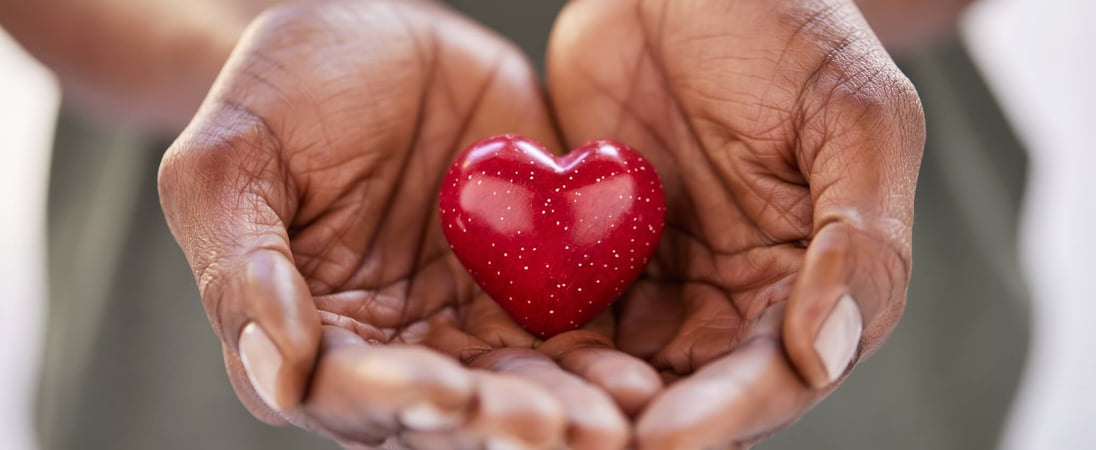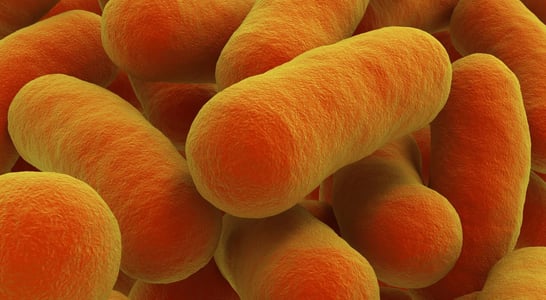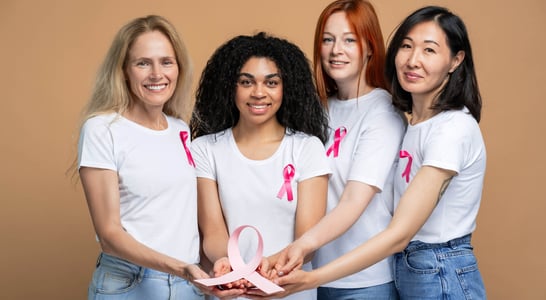
National Minority Donor Awareness Month
Increasing access to life-saving transplants by promoting organ donation awareness and addressing disparities in minority communities.
While over half of those waiting for donors on transplant lists are minorities, just over 30% of organ and tissue donors come from minority backgrounds. This creates complications because matches between donors and recipients are based on genetics, making it more difficult to find matches for the many people who need them.
National Minority Donor Awareness Month is here to help increase public knowledge and education about the need for minority donors and how they can make a difference between life and death!
History of National Minority Donor Awareness Month
National Minority Donor Awareness Month has roots with an earlier observance called National Minority Donor Awareness Week. This original event was first celebrated in 1996, founded through the efforts of the National Minority Organ Tissue Transplant Education Program (MOTTEP). The purpose of the event was to shine a light on and improve education about donation and transplantation to multicultural communities in the United States.
With the hopes of saving minority lives and also improving the quality of life of minority populations through a positive culture of donation, this annual event is now organized through efforts of the National (Organ, Eye and Tissue Donation) Multicultural Action Group (NMAG). This is a collaborative group that includes many different non-profit organizations and other associations including:
- Donate Life America
- American Association of Tissue Banks
- Eye Bank Association of America
- Transplant Life Foundation
How to Observe National Minority Donor Awareness Month
Consider some of these ideas for participating in National Minority Donor Awareness Month:
Sign Up for Organ Donation
One of the easiest ways to participate in National Minority Donor Awareness Month is to look into becoming an organ donor. Check out the resources and information found on the Donate Life website to get started, providing answers to questions and a better understanding of what the process means for the many different types of donations.
With more than 100,000 people waiting for lifesaving transplants, each person who adds their name to a donor registry takes steps to saving not only one life, but possibly multiple lives. It’s easy for most adults to sign up to be a donor through their local DMV. Or check out the Donate Life Registry or Living Donor Registry for more information. In addition, be sure to share this with your close family members who can validate your wishes if the need arises.
Learn More About Donation
Getting the public to be more informed about organ and tissue donation is one of the most important goals of National Minority Donor Awareness Month. Those with influence in their minority communities, including African American, Latino, Asian/Pacific Islander, and Native American, can learn more and share with others in celebration of this event.
Consider and share some of these important facts about life-saving donations from the United Network for Organ Sharing:
-
Ethical and fair distribution of organs and determined through a national database that considers factors such as medical urgency, type matches, organ size, geographic location and more
-
People with different medical histories and of all ages should consider organ donation
-
Most major religions do not prohibit organ donation
-
The United States has performed more organ donations than any other country, saving tens of thousands of lives each year
Also in ...
View all holidaysNational Mountain Climbing Day
Scaling heights, conquering challenges, the crisp air, and breathtaking vistas—a symphony of nature's grandeur unfolds in ascent.
International Beer Day
Sharing laughs with friends over a refreshing, bubbly, golden pint is a classic recipe for good times and memorable moments.
National Spider-Man Day
Swinging between skyscrapers, stopping villains, and saving lives, this web-slinging hero never fails to amaze!
World Wide Web Day
Connecting us all, this virtual space where we share, learn, and create has revolutionized our world. The possibilities are endless!
We think you may also like...
World Tuberculosis Day
Honoring the relentless human spirit in the face of a formidable adversary, a disease that has shaped history and medical progress.
Thyroid Awareness Month
Highlighting the importance of understanding and supporting those affected by a prevalent but often misunderstood health condition.
National Speech and Language Pathologist (SLP) Appreciation Day
Experts in communication development, these professionals empower individuals to express themselves with clarity and confidence.








